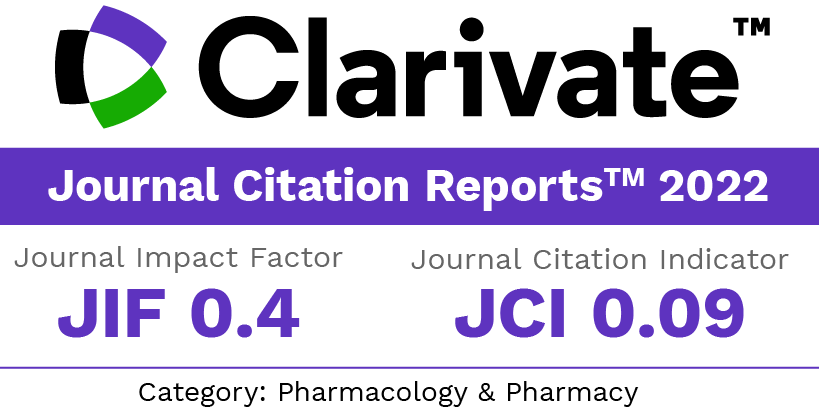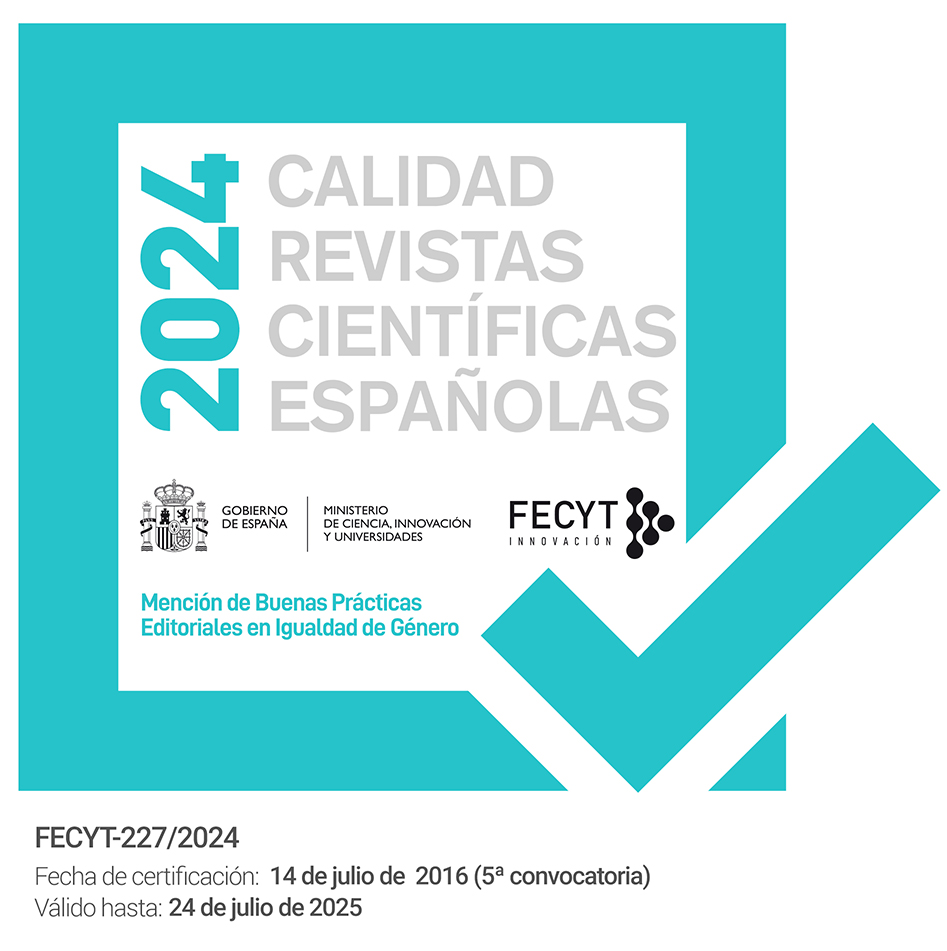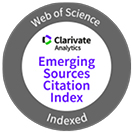The Challenge of Curricular Harmonisation in Pharmaceutical Studies
Keywords:
Curricular harmonisation, Policies, Pharmaceutical education, Latin AmericaAbstract
In this article, a general overview of the evolution of pharmaceutical educational policy, led by the WHO with thecollaboration of international pharmaceutical corporations and associations is presented. We also report on the advancesthat have been made in the work carried out to achieve harmonisation of curriculum development at educationalinstitutions in the Spanish speaking countries of America. At the beginning of the XXI century, the pharmaceuticalworld faces the additional challenge of incorporating new teaching models into study programmes, where new informationtechnologies, new aptitudes and new teaching staff attitudes have an important play role in the context of a globalisedworld. In such a world, knowledge is a key factor influencing the social and economic development of a countryDownloads
References
Salmi, J. Enfrentando los retos del siglo XXI. Red Universitaria (Supl. Educ. Sup.), 2001; 11: 4-9, en: Rev. Educación, 68.
Quirino-Barreda C.T., del Muro-Delgado R., Noguez-Méndez N.A. y Macín-Cabrera S.A. La formación farmacéutica
mediante el modelo de enseñanza-aprendizaje por Objetos de Transformación (Problem-Based Learning). ARS
Pharm. 2000; 41 (3): 279-286.
OPS/OMS, Oficina Sanitaria Panamericana. El Papel del Farmacéutico en el Sistema de Atención de Salud. 1995.
Informe de la reunión de la OMS,Tokio, Japón, 1993. OPS/HSS/HSE/95.01.
Borlioux P. Report of a WHO consultative group on the role of the pharmacist: preparing the future pharmacist: curricula
development. Vancouver, Can. August 27-29, 1997. The Role of the Pharmacist: “The seven-star pharmacist”. In:
Bourlioux, P. (ed), Euro Pharma Faculties News. Special Issue, 1997; 3,4.
Tromp D.F.J. Report of the first meeting of the pharmaceutical care task force, London 26-09-1997. Euro Pharma
Faculties News. 1998; 15: 4-6.
Boveris A. y López N.C. El escenario internacional en el ejercicio profesional farmacéutico orientado al paciente. Bol.
Farm. Bonaerense 1997; 308: 3-7.
del Castillo García B. y Quirino Barreda C.T. Armonización Curricular en Farmacia. Aportaciones de la Conferencia
Hispanoamericana de Facultades de Farmacia (COHIFFA). (Editorial), Rev. OFIL, 1998; 8 (4): X - XIII.
OPS. Plan Básico de Educación Farmacéutica. Propuesta de Grupo de Trabajo. Lima, Perú, Julio 6-9, 1998. Serie 13 del
Programa de Medicamentos Esenciales y Tecnología de la OPS, OMS. 1999; 33 p.
Bates I. Re-Orienting Pharmacy Education and Training. In: Borliux P., Hincal A.A., Senel S., Florence A.T. (eds)
Emerging themes and technologies in pharmacy education. Proc. of the 3th European Meeting of the Faculties of
Pharmacy. Edinburgh, Germany, Sept. 14, 1996. EAFP, Safak Press, Turkey, 1997; 59-63.
Hammarlund-Udenaes M. The method of problem-based learning. In Borliux, P. et al. (eds). Emerging themes and
technologies in pharmacy education. Proc. of the 3th European Meeting of the Faculties of Pharmacy. Edinburgh,
Germany, Sept. 14, 1996. EAFP, Safak Press, Turkey, 1997; 67-72.
Rhodes D.G. A practical approach to problem-based learning: simple technology makes PBL accessible Am. J. Pharm.
Educ., 1999; 63: 410-414.
del Castillo García B. Panorama futuro de la Farmacia y papel del farmacéutico. En: La formación de los profesionales
de la salud. Fundación BBV (editor). Madrid, 2000; 475-492.
Ramírez Díaz-Bernardo J. Antecedentes normativos de la formación continuada. La comisión central: organización y
funciones. En: La formación de los profesionales de la salud. Fundación BBV (editor). Madrid, 2000; 417-436.
Pardell H.¿Qué podemos esperar de la formación continuada? Mitos y realidades. Med. Clin. 2000; 114 (11): 419-430.
COHIFFA. Declaración de La Habana. Acuerdos de la III Reunión Plenaria de la COHIFFA. La Habana, Cuba, Junio
, 8 p.
Gómez Moliné, R.M. y Sanmartí Puig, N. La didáctica de las ciencias: una necesidad. Rev. Educación Química, 1996;
(3): 156-168.
Torres Velandia, A. La educación superior a distancia y la pedagogía virtual. Rev. UMBRAL, 1999; 1 (5): 20-23.
Reyes M., J.J. La formación y el perfeccionamiento del profesorado: piedra angular para la incorporación de los medios
audiovisuales, informáticos y nuevas tecnologías en los contextos educativos. Notas de Curso. UAM-Xochimilco,
México, 2001; 1-10.
Downloads
Published
How to Cite
Issue
Section
License
The articles, which are published in this journal, are subject to the following terms in relation to the rights of patrimonial or exploitation:
- The authors will keep their copyright and guarantee to the journal the right of first publication of their work, which will be distributed with a Creative Commons BY-NC-SA 4.0 license that allows third parties to reuse the work whenever its author, quote the original source and do not make commercial use of it.
b. The authors may adopt other non-exclusive licensing agreements for the distribution of the published version of the work (e.g., deposit it in an institutional telematic file or publish it in a monographic volume) provided that the original source of its publication is indicated.
c. Authors are allowed and advised to disseminate their work through the Internet (e.g. in institutional repositories or on their website) before and during the submission process, which can produce interesting exchanges and increase citations of the published work. (See The effect of open access).


















